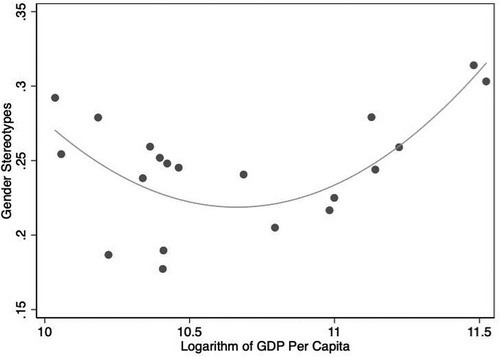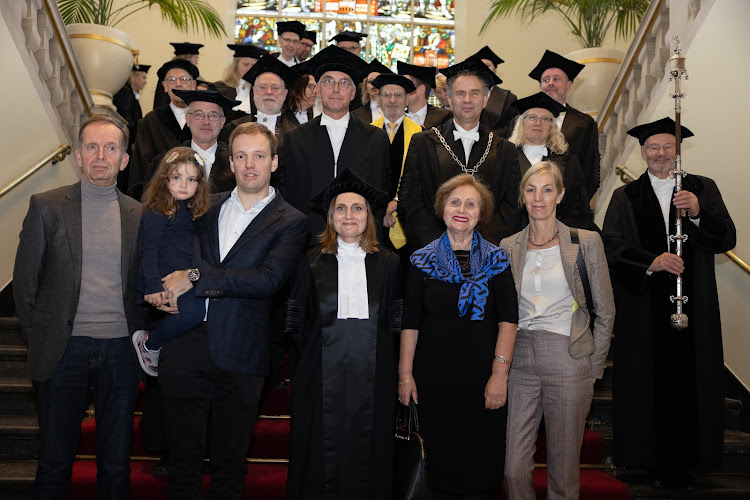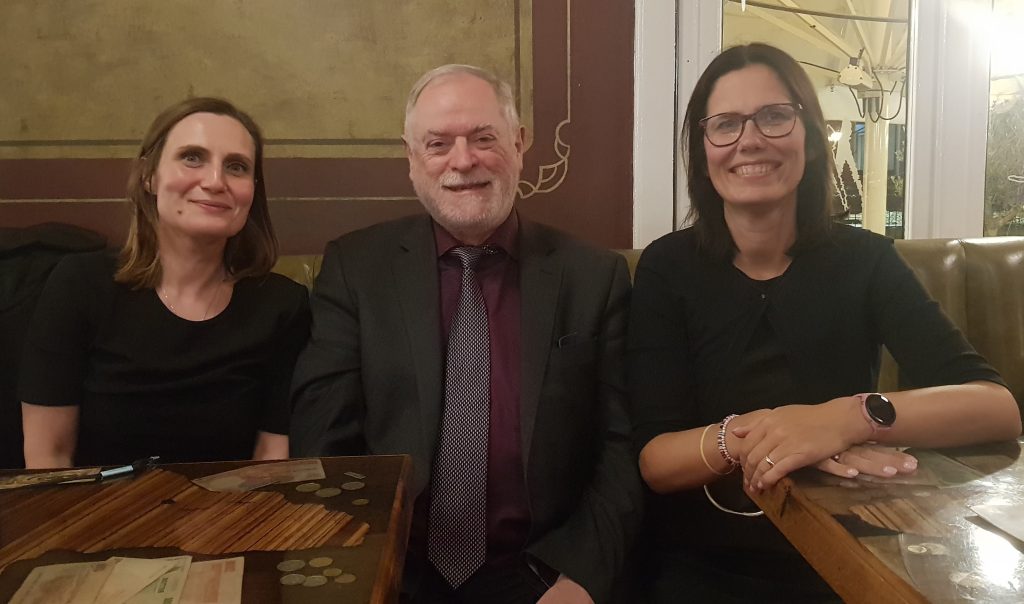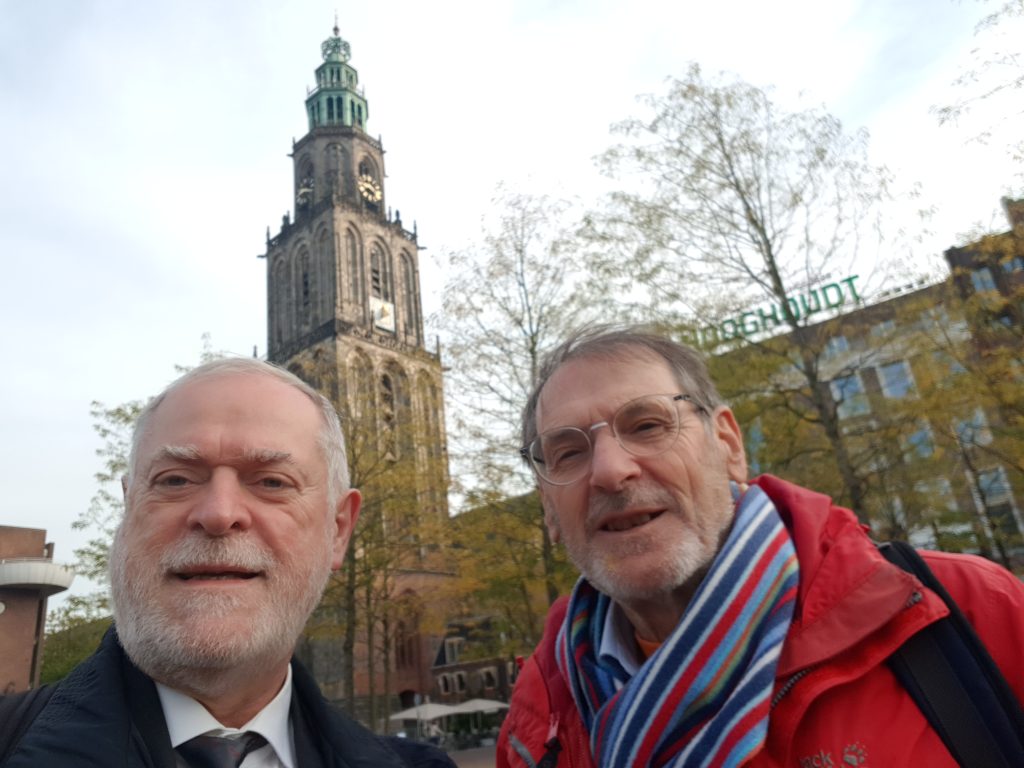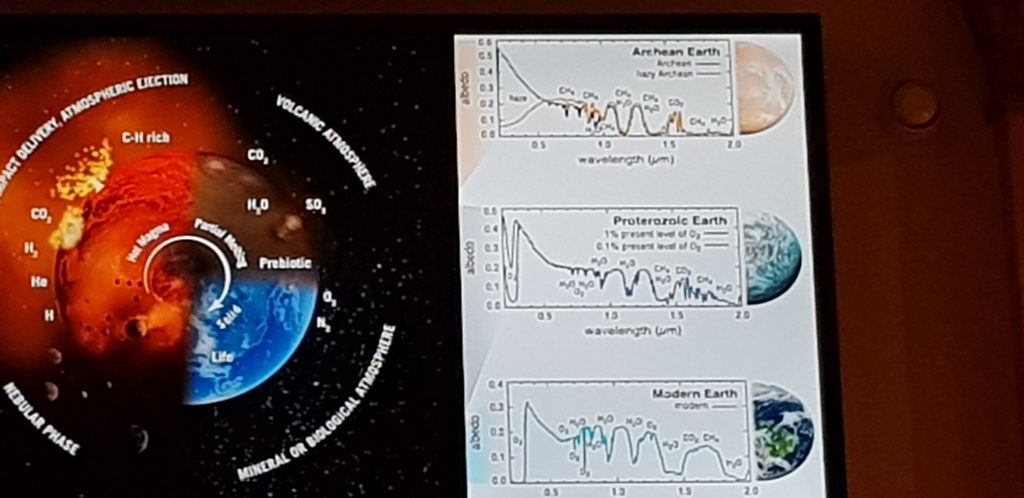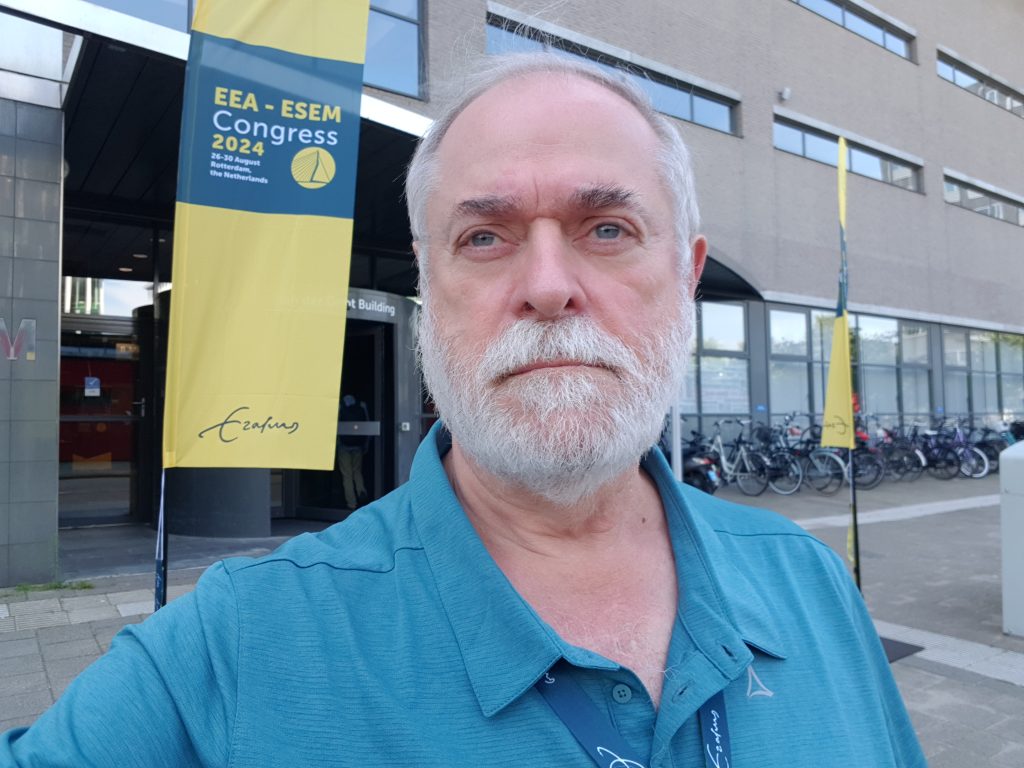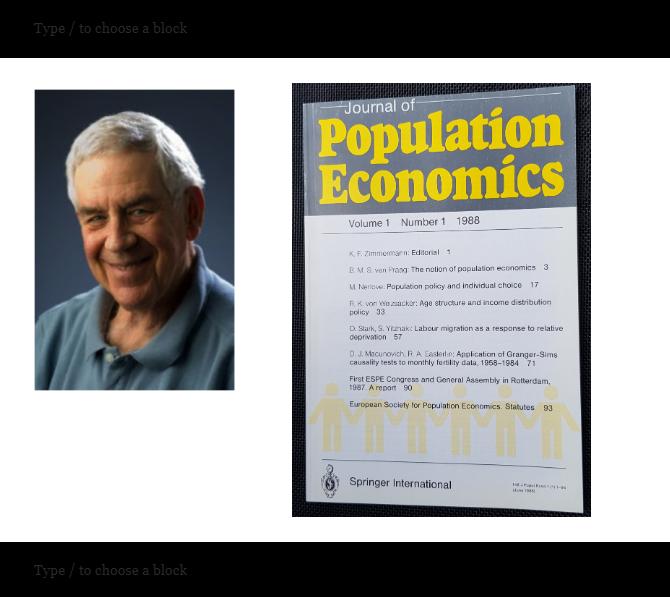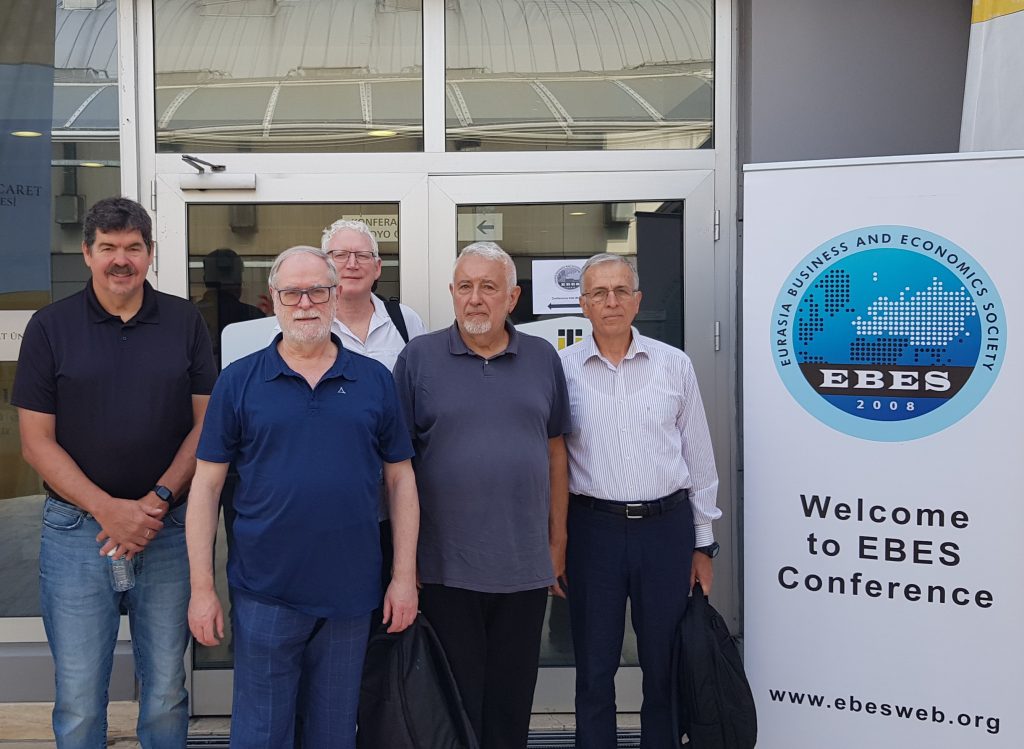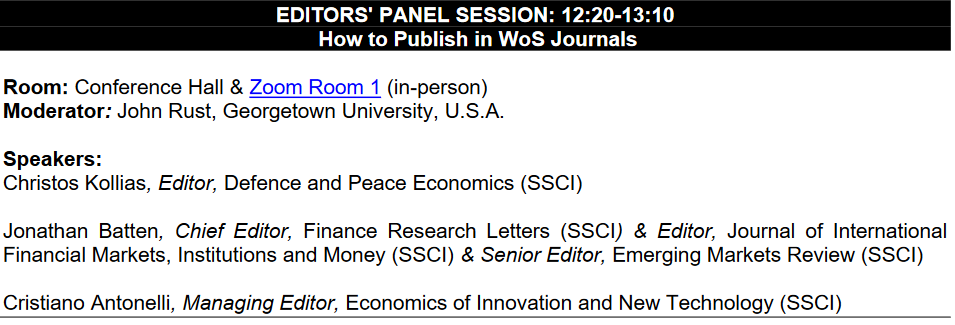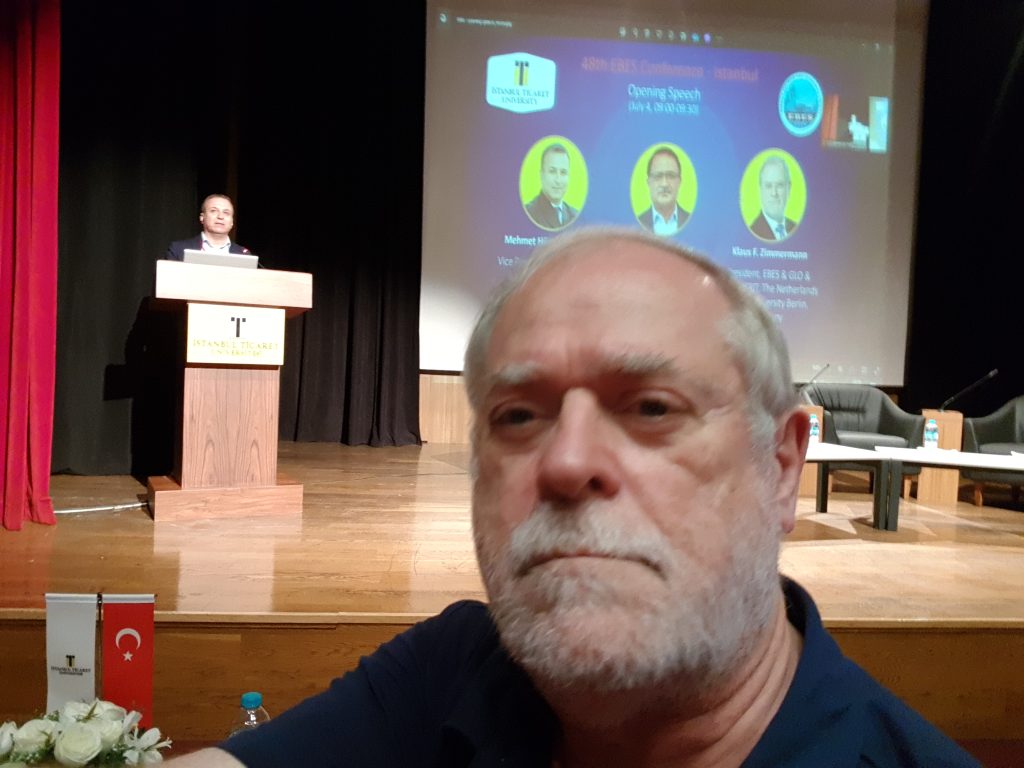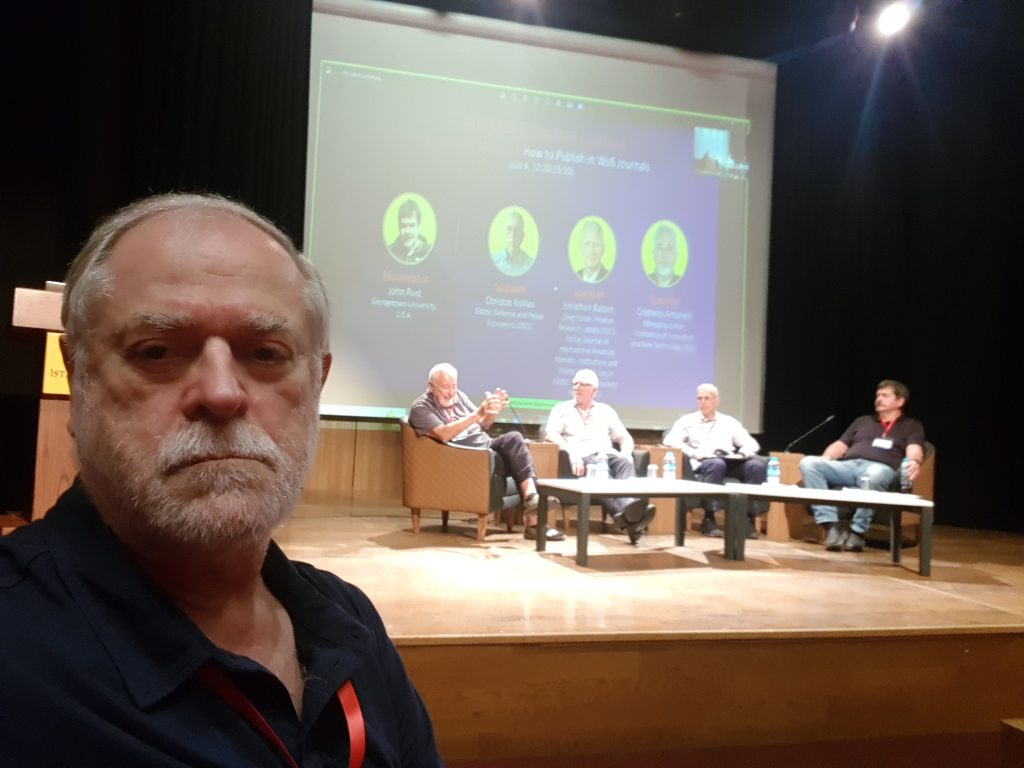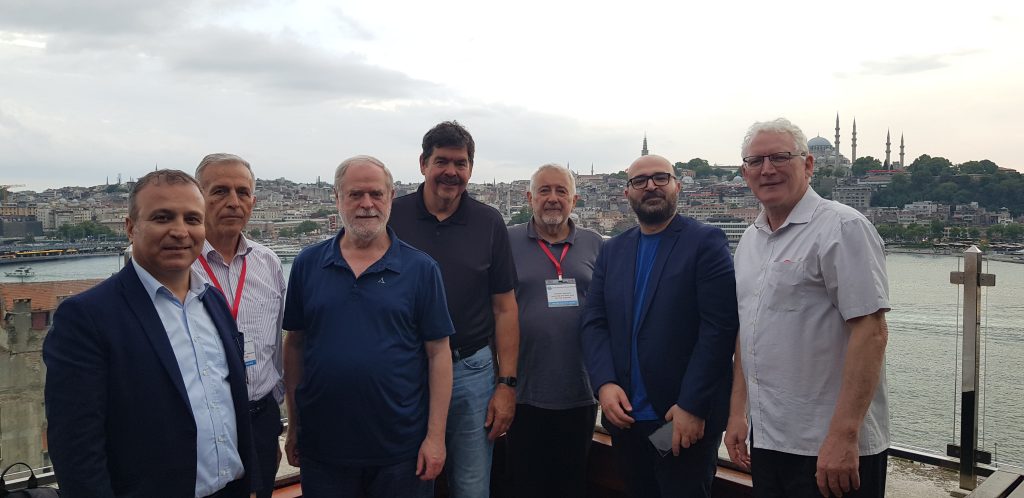Across the world, a well-known gender stereotype suggests that boys are better at learning mathematics than girls. Using rich data on Chinese school kids, the study demonstrates that this parental stereotype has a very strong and robust negative impact on BOTH girl and boy student wellbeing. The data also reveal that the stereotype is wrong.
Shuai Chu, Xiangquan Zeng & Klaus F. Zimmermann (2024), “Parental Gender Stereotypes and Student Wellbeing in China”, OPEN ACCESS Online First: Kyklos. Online Version 25 October 2024. PDF. Free to access.
ABSTRACT
A prominent gender stereotype claims that “boys are better at learning mathematics than girls.” Confronted with such a parental attitude, how does this affect the well-being of 11- to 18-year-old students in Chinese middle schools? Although well-being has often been shown to be not much gender-diverse, the intergenerational consequences of such stereotypes are not well studied. Expecting too much from boys and too little from girls might damage self-esteem among school kids. Using large survey data covering districts all over China reveals that one-quarter of the parents agree with the math stereotype. It is shown that this has strong detrimental consequences for the offspring’s well-being. Students are strongly more depressed, feeling blue, unhappy, not enjoying life, and sad with no male–female differences, whereas parental education does not matter for this transfer. Various robustness tests including other than math stereotypes and an IV analysis confirm the findings. Moderating such effects, which is in line with societal objectives in many countries, not only supports gender equality but also strengthens the mental health of children.

